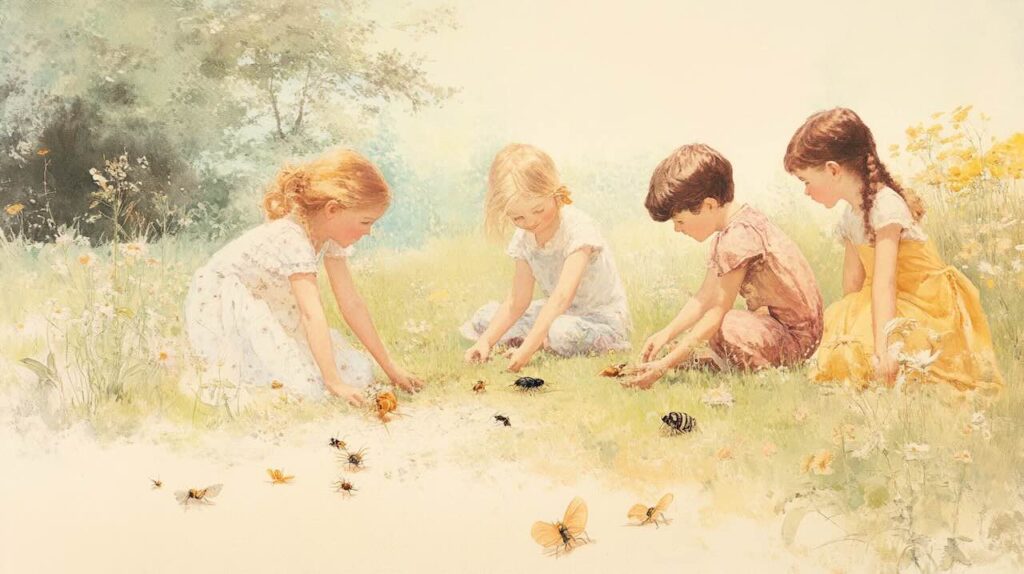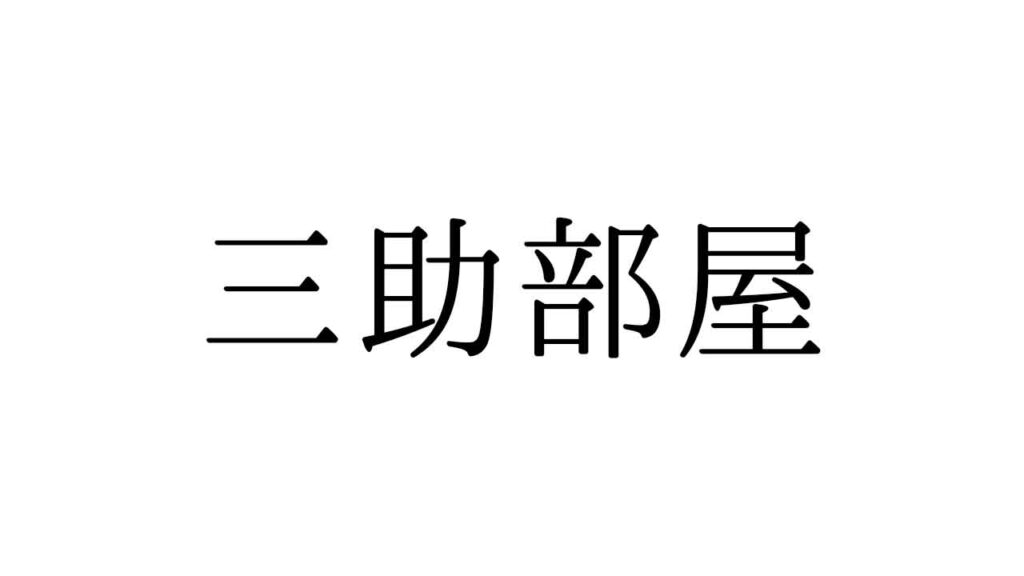What Does “Mukashi Totta Kinezuka” Mean?
The Japanese proverb “Mukashi Totta Kinezuka” (昔取った杵柄) beautifully expresses a universal truth: skills once acquired remain with us, even after long years of disuse.
Literally translated, it means “the pestle handle once held long ago.” The expression is often used when someone effortlessly displays proficiency in an old skill, surprising others—and sometimes themselves—with how well they can still perform.
For example:
- A retired tennis player picks up a racket after decades and hits smooth, powerful shots.
- A former musician plays a familiar melody perfectly after years away from the instrument.
- A master craftsman, long retired, effortlessly repairs a piece of broken furniture.
In each case, the speaker might smile and say: “Mukashi Totta Kinezuka.”
The Origin of “Kinezuka”
To fully understand this proverb, it helps to know the meaning of “kinezuka” (杵柄).
- Kine (杵): The wooden pestle used for pounding steamed rice into mochi (rice cakes), a cherished tradition in Japan.
- E (柄): The handle of the pestle.
In traditional mochi-tsuki (餅つき), skillful control of the heavy kine was essential to rhythmically pound rice without tiring or injuring oneself. Those who had once mastered this technique could handle the kine smoothly, even after many years without practice.
The proverb uses this image to symbolize all kinds of skills—not just mochi-pounding—that remain deeply ingrained through experience.
How “Mukashi Totta Kinezuka” Is Used in Daily Conversation
Today, this saying applies far beyond the original mochi-making context. Here are some common situations where you might hear it used:
1. Rediscovering an Old Hobby
“I hadn’t skied in over 10 years, but once I hit the slopes, my Mukashi Totta Kinezuka kicked in.”
2. Applying Past Professional Skills
“Even though he’s retired, when the plumbing broke, he fixed it like a pro. Mukashi Totta Kinezuka.”
3. Impressing Others With Long-Forgotten Abilities
“She hasn’t danced since college, but at the wedding party, she wowed everyone. Truly Mukashi Totta Kinezuka!”
In each case, the proverb acknowledges not only the act of performing, but also the deep-rooted familiarity that never truly left.
Similar Proverbs in Japanese Culture
Japan has many sayings that celebrate the enduring value of learned skills. Here are a few closely related to Mukashi Totta Kinezuka:
Gei wa mi wo tasuku (芸は身を助く)
“Skill saves the person.”
This proverb highlights how learning a craft or talent can provide unexpected help later in life.
Isogaba maware (急がば回れ)
“When in a hurry, take the longer way around.”
While not directly about skill retention, it reflects Japan’s cultural respect for patience, practice, and the mastery that comes with time.
Toshiyori no hiyamizu (年寄りの冷や水)
“An old person drinking cold water.”
Unlike Mukashi Totta Kinezuka, this one serves as a cautionary proverb, warning not to overestimate old abilities that may have faded with age.
Why This Proverb Resonates in Japanese Culture
Mukashi Totta Kinezuka reflects a core value in Japanese aesthetics: the quiet persistence of mastery.
- In traditional arts like tea ceremony, calligraphy, or martial arts, decades of training embed skills so deeply that they become second nature.
- The proverb honors not only the skill itself but also the discipline, repetition, and dedication invested in learning it.
- Even when unused for years, these “muscle memories” resurface, almost effortlessly.
It celebrates the Japanese appreciation for craftsmanship, longevity, and quiet confidence.
Conclusion
Mukashi Totta Kinezuka reminds us that no skill is ever truly wasted. What we learn and master becomes a part of us, ready to resurface when needed—even after long periods of neglect.
Whether you’re picking up a childhood hobby, revisiting an old profession, or simply surprising yourself with a dormant ability, this proverb offers encouragement and quiet pride in the things we’ve worked hard to learn.
So the next time you impress yourself with an old skill, smile and say:
“Mukashi Totta Kinezuka.”


